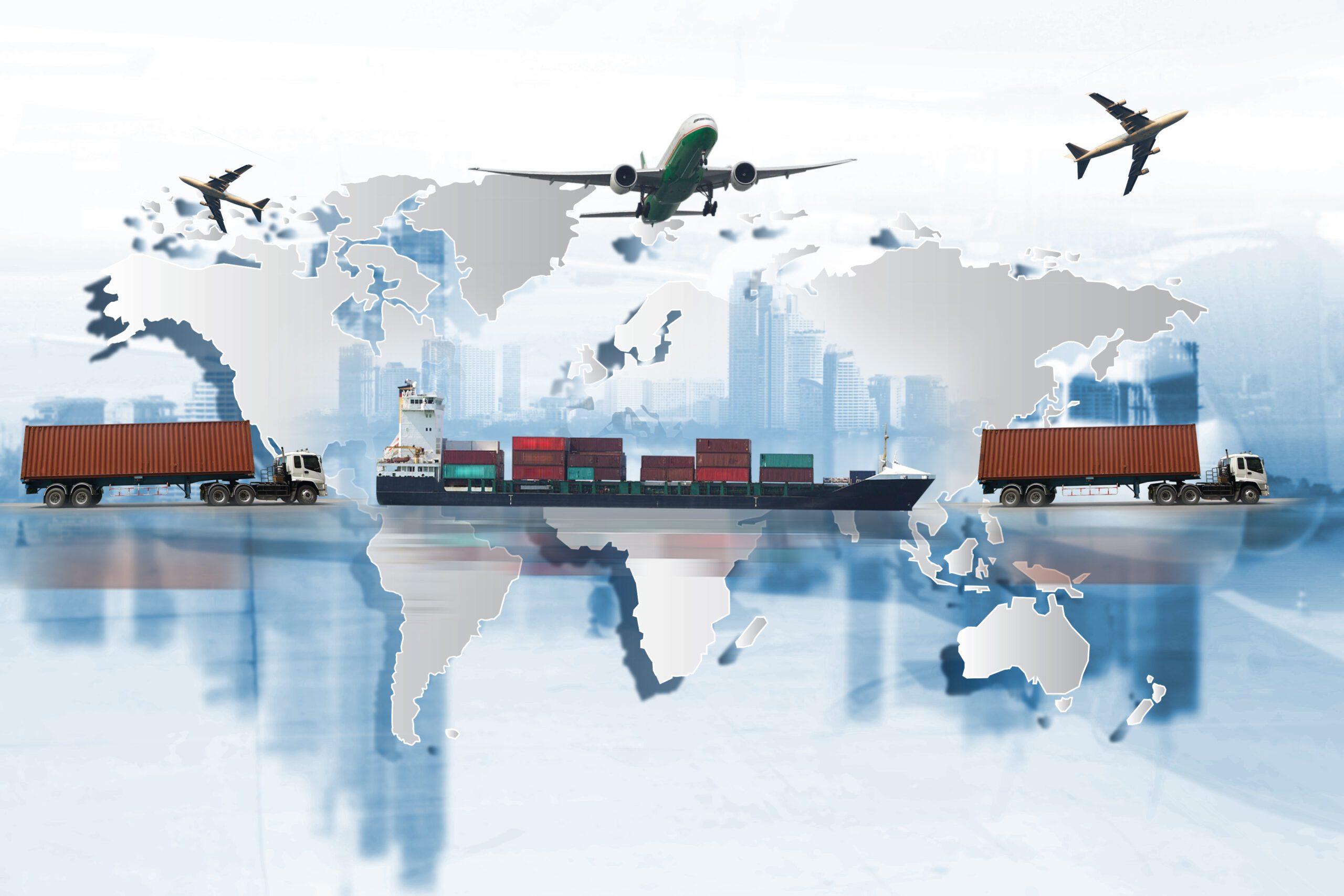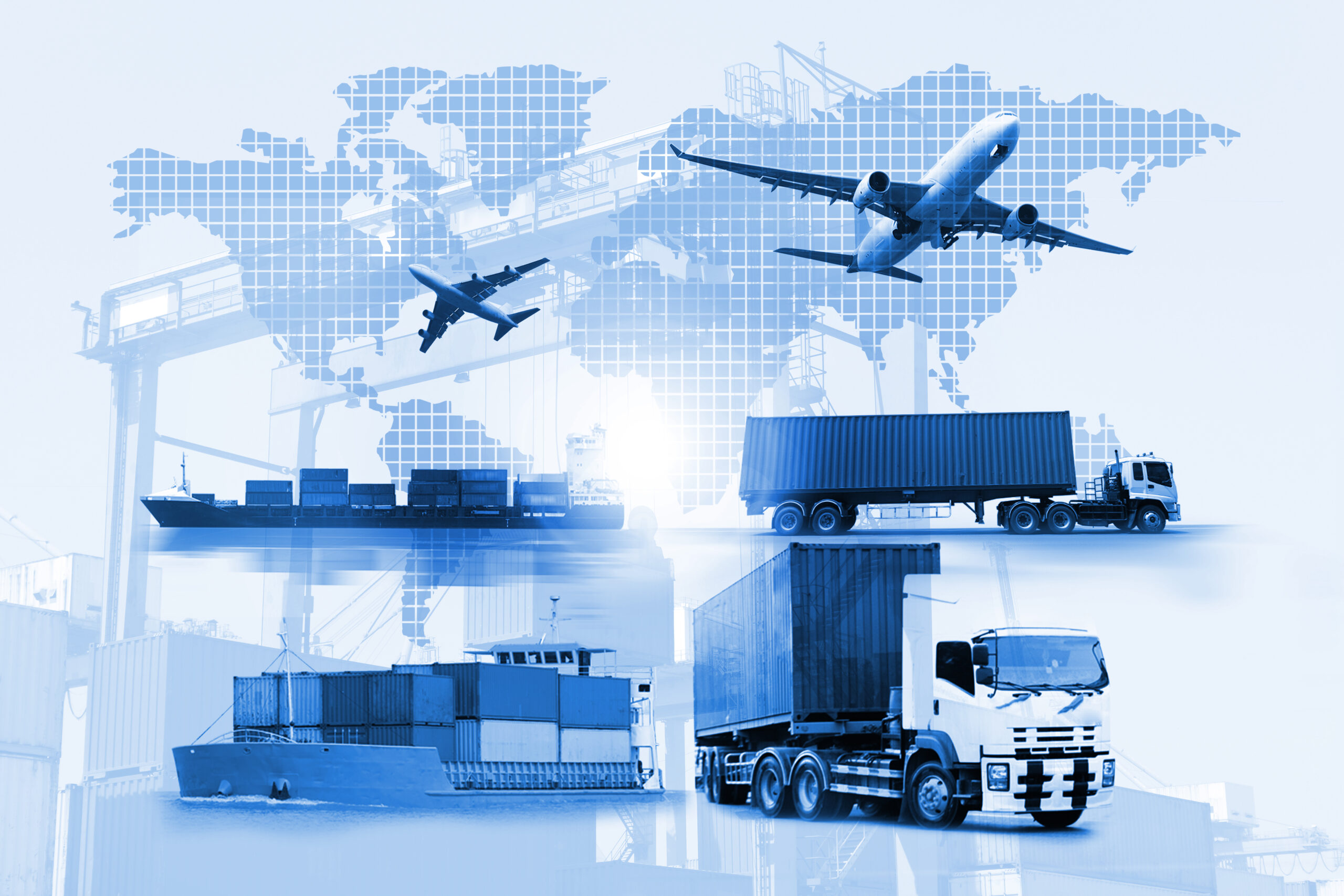Goods screening at air freight terminals aids in safely transferring goods shipments at domestic as well as international locations. This may include charter as well as commercial flights. Passenger aviation gateways allow the transfer of such shipments for personal and professional services.
The air cargo terminal comes across multiple such shipments each day. Airport professionals have a system to do a detailed screening process for all the goods. A detailed screening process keeps the safe transfer of goods and efficiency in check. This task can be time-consuming and challenging; therefore, a screening kiosk system is ideal. Asset protection screening kiosks have become a non-negotiable for air freight terminals.
The traditional method of checking each shipment could be more accurate and efficient. Modern solutions combined with traditional ones may deliver the best outcome.

What are the Essential Considerations for Security Kiosks?
There are some essential considerations legally put in for the installation of a kiosk terminal setup. Primarily the focus should be on visitor data safety, ensuring compliance with stringent privacy and data protection regulations. The asset screening kiosk must follow industry standards and best practices.
Airport and data regulatory compliance
Screening kiosk systems at air freight terminals must comply with various rules and regulations. Security kiosks must have software that protects and encrypts all the data to protect user information.
The system should use the Personal Data Protection Commission (PDPC) regulation of the Personal Data Protection Act 2012 (PDPA). This implies all the data and personal information collected must be masked to ensure secure cloud or system storage.
Current challenges
Some cost considerations and integration challenges when installing any advanced device may arise. Proper training and new staff may be allocated for setup, organisation, and management. With the PDPA Act in place, there is some data protection. However, a cyber attack is always a security concern. A cyber attack on data can be combated with secure software.
Modern innovation
Kiosks can be installed with innovative AI, biometric data, sensors, and machine learning to upgrade the current screening system. Features like voice recognition and sensor features are more convenient for visitors and staff.
How Asset Screening Kiosks Help at Air Freight Terminals?
As we said, freight screening kiosks are non-negotiable for the smooth functioning of air freight terminals. Terminals can no longer work at optimal efficiency using old manual methods. Asset screening with modern technology based on AI and sensors may aid in efficiency. Moreover, it can accelerate the current screening processes. When various departments switch to self-service kiosks, they may observe a reduction in labour dependency and costs. Kiosks that operate using biometric data can also safeguard against unauthorised access in high-security areas.

Adding security
Kiosks can filter the baggage and shipments at early checkpoints. Segregation of various shipments on priority and level of security may aid in reducing tampering risks. Only allowing approved staff to handle shipments will also make sure shipments are not misplaced and tampered with.
The security of kiosks can be enhanced with advanced sensors and security features, ensuring that only authorised personnel can access restricted areas. Apart from entry passes, kiosks with facial recognition may be used to verify the visitors seeking access. Any unauthorised attempts trigger immediate alarms and notifications, allowing security personnel to respond swiftly.
Furthermore, asset management kiosks with cameras and cards can be a force to deter potential theft and tampering. Motion-sensor cameras can continuously monitor the surroundings and cargo. Then the management may use the video surveillance data while detecting any suspicious activities.
Alongside kiosk installation, aviation authority and transport ministers agreed on improving safety and efficiency. For instance, with implementing the Known Consignor Regime (KCR) in July 2021, air cargo has become more secure for commercial flights. As per KCR, the air cargo must pass security measures before loading. Any consignor may register to get a quick screening of a known cargo.
Increase in efficiency
Efficiency is a cornerstone of modern logistics, and air freight terminals are no exception. Asset screening kiosks contribute significantly to operational efficiency in several ways. Traditional cargo screening methods can be time-consuming and labour-intensive. Asset screening kiosks streamline this process by automating many tasks. The acceleration of screening processes reduces delays and expedites the overall cargo-handling workflow.
Reduction of labour costs
Labour costs can be a substantial portion of an air freight terminal’s budget. Asset screening kiosks help reduce these costs by automating tasks that may otherwise require human intervention. With less manual involvement in screening procedures, air freight terminals can allocate their human resources more efficiently, focusing on tasks that require expertise and decision-making.
Enhancement in secure data collection
Asset screening kiosks can also be used as data hubs to enhance decision-making. Personalised kiosks continuously monitor their surroundings, collecting real-time data on cargo movements, personnel access, and security incidents. Most importantly, the collected data can be assessed for decision-making and immediate response when needed.
Furthermore, the kiosks equipped with alert systems will promptly notify relevant personnel or authorities when anomalies are detected. Lastly, the data gathered by asset screening kiosks is not just stored locally but can also be seamlessly uploaded to cloud-based platforms. The cloud-based storage systems will allow better data management, analysis, and reporting.
In Conclusion
We know air freight terminals are responsible for domestic and international logistics. They facilitate the movement of shipments from one place to another. But freight terminals also see a considerable volume of cargo. The diverse range of cargo and their requirements may require different levels of security screening. This has to be considered during the screening process. An asset screening kiosk system will ensure the screening is efficient and secure. Each terminal may customise kiosks as per their multifaceted solutions for streamlining operations while improving security.



